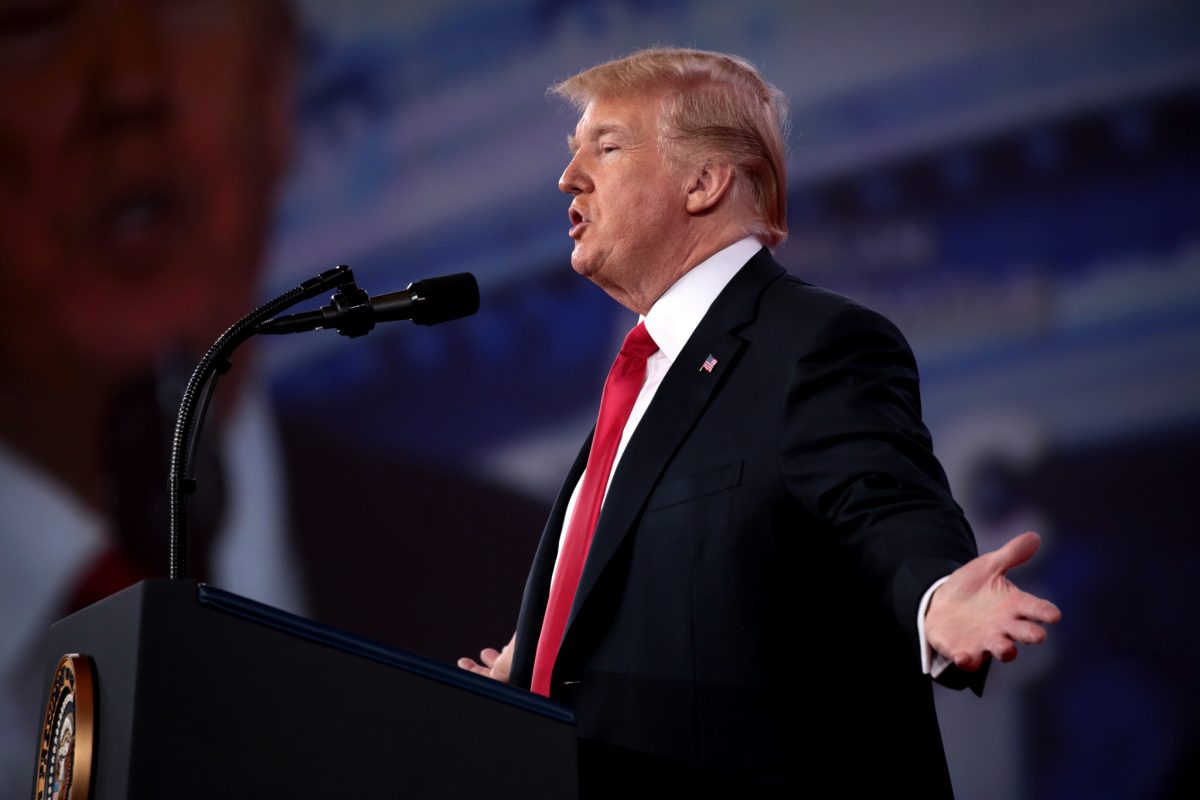
Maryland residents overwhelmingly support a $15 minimum wage, the legalization of recreational marijuana, and a Medicare for All/single-payer healthcare system.
Interestingly, while backing those policies—typically viewed as progressive Democratic initiatives—Marylanders also strongly support Republican Gov. Larry Hogan.
According to the latest Goucher College survey conducted last week, 71 percent of Marylanders now back raising the statewide minimum wage to $15 an hour—up from 66 percent in February 2018—with 25 percent in opposition. By a margin of 54 percent to 33 percent, Marylanders hold a favorable opinion of a Medicare for All/single payer healthcare system. And 62 percent of Marylanders support the legalization of marijuana for recreational use.
Marylanders also continued to express strong support for incumbent Gov. Larry Hogan (64 percent approval) and the general direction that the state is headed (55 percent).
“The underlying issue [in terms of support for Hogan] is taxes,” said Mileah Kromer, director of the Sarah T. Hughes Field Politics Center at Goucher College. “Marylanders are, by and large, focused on economic issues and Governor Hogan has had a consistent message—that he has not raised taxes over the past four years.”
A majority of Marylanders (56 percent) consider the amount of state taxes they pay “too high.” Nearly half (48 percent) believe the current tax system advantages the wealthy, with 13 percent believing the current system is fair to everyone.
All of these issues that Marylanders are in support of are policies that have been put forth by Hogan’s Democratic challenger in the race for governor, Ben Jealous. Kromer cautions, however, support for a single-payer healthcare system is not quite as strong as support for improving the Affordable Care Act in Maryland.
“Support for a state-based Medicare for All plan distinguished Ben Jealous as a candidate for governor from the rest of field during the Democratic primary,” said Kromer. “However, opinions toward adopting a single-payer healthcare system are nuanced. Marylanders do view Medicare for All favorably, but a majority still prefers that elected officials focus on improving the way the Affordable Care Act is working for Maryland.”
Overall, the percentage of Maryland residents disapproving of President Donald Trump is among the highest in the country. With a margin of error +/-3.4 percent, 71 percent of the adults in the state disapprove of the president, who is battling controversies from the Russian investigation, his immigration and trade policies, and his nomination of Brett Kavanaugh to the Supreme Court.
Just 23 percent of Maryland residents approve of the job the president is doing.
Forty-five percent of Marylanders believe Hogan has distanced himself “about the right amount” from President Trump. Twenty-four percent of respondents indicated they believe Hogan has distanced himself too little from President Trump.
Almost half of Marylanders view the governor as a moderate (48 percent), 27 percent see him as a conservative, 10 percent think of him as a progressive, and 14 percent say they don’t know.
Tomorrow, Goucher will post other survey results, including poll numbers on the Hogan and Jealous race. In the latest Gonzales poll, Hogan led Jealous by 16 points in the state. The two candidates are scheduled to meet in a single televised debate September 24.
About the Goucher Poll:
The survey was conducted Tuesday, September 11, to Sunday, September 16, 2018. During this time, 813 interviews with Maryland adults were conducted noon to 9 p.m. on Monday to Friday and 1 p.m. to 5 p.m. on Saturday and Sunday. Interviews are conducted by a staff of professionally trained, paid, student interviewers. Interviews were not conducted with adults who were reached at business or work numbers. Eighty-three percent of the interviews were conducted on a cell phone and 17 percent were conducted on a landline.
